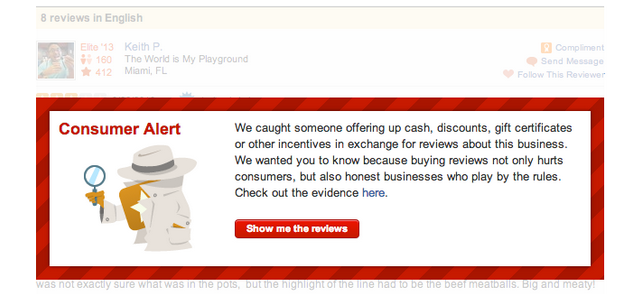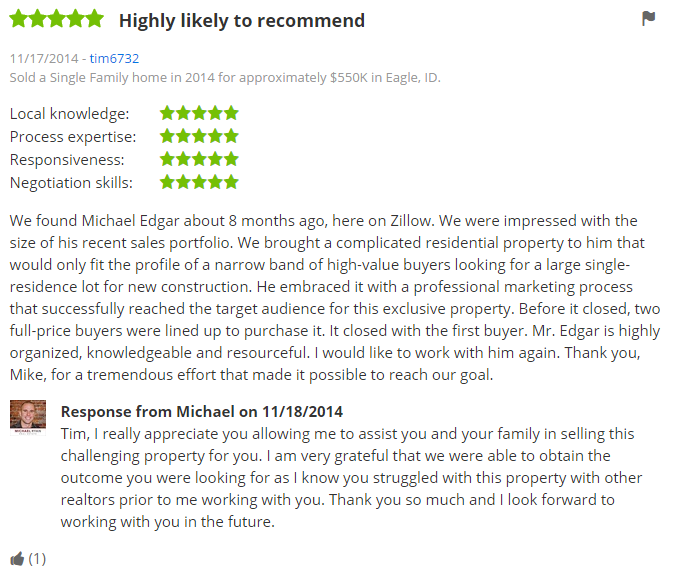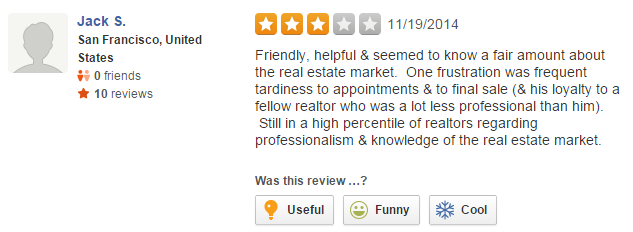For any real estate agent, success depends on the ability to drive referrals and repeat business. The average agent receives 21% of their business from repeat clients, but agents in business 16+ years average 40% of their business from repeat clients and an additional 21% from referrals. However, since the average buyer stays in their home for 13 years, increasing repeat business and referrals from past clients isn’t easy. Agents need to provide real value long after they close. So just how do you deliver client value post close? Here’s our 6 tips for staying relevant and building client relationships.
Help Your Clients with Moving Day
You’ve closed the deal and popped the champagne! But while your work is done, your clients still face the stress of moving day. Help them out by connecting them with a great moving company, provide a moving day checklist, stop by on moving day to lend a hand or order takeout so they aren’t scrambling without a kitchen.
Share Your List of Trusted Service Providers
Finding trusted home professionals can be a challenge, especially for first-time buyers or people new to the area. Share your vendor network with clients to save them the hassle and help them find the professionals they need. Better still, make your list always accessible so clients can easily access it long after they move.
Alert Clients of Mortgage Rate Changes
While mortgage rates will be top of mind during the application process, after purchasing a home clients may not realize if rates have changed or if their fixed rate period is coming to an end. By alerting clients of mortgage rate changes, you can put more money in their pockets.
Send Market Updates
Keeping a pulse on the local market helps clients see the value of their home investment. Sending market updates – including price changes, recent neighborhood sales and market demand – keeps real estate top of mind, shows your expertise and can encourage clients to buy or sell again. It’s a definite must for providing value after you close.
Help Your Clients Out at Tax Time
Owning a home has significant tax benefits. At tax time, send clients info on tax deductions and credits for homeowners. You’ll help clients save money and reinforce the value of an investment in real estate.
Host Neighborhood Events
Whether you decide to host a client appreciation event, holiday party or fundraiser for a charitable organization – inviting clients to neighborhood events is a great way to grow your relationship. The face time is invaluable for staying top of mind. Plus, throwing a fundraiser shows that you’re involved in the community.
At the end of the day, providing real value goes beyond simple fridge magnets and holiday cards – it’s about increasing homeowner value and building lasting relationships with clients. How do you engage in post-close marketing?










 Any real estate agent has likely heard of their Sphere of Influence. Your Sphere of Influence is also your Referral Network – the personal and business connections that send you referrals and connect you with new clients ready to buy or sell. It’s the most powerful tool for decreasing advertising costs and minimizing your time to close – the golden ticket for new agents to get their feet on the ground and veterans to stay competitive.
Any real estate agent has likely heard of their Sphere of Influence. Your Sphere of Influence is also your Referral Network – the personal and business connections that send you referrals and connect you with new clients ready to buy or sell. It’s the most powerful tool for decreasing advertising costs and minimizing your time to close – the golden ticket for new agents to get their feet on the ground and veterans to stay competitive. Airbnb is a unique online marketplace that allows people to list, find and book accommodations around the globe. Anyone can list their condo, house, cabin or even castle on the site and receive bookings from travelers wanting a unique, local experience. Like any business, word-of-mouth is a powerful source of growth for Airbnb: travelers share their awesome holidays with friends and family, and people who list their space attest to the safety, ease and practicality of Airbnb.
Airbnb is a unique online marketplace that allows people to list, find and book accommodations around the globe. Anyone can list their condo, house, cabin or even castle on the site and receive bookings from travelers wanting a unique, local experience. Like any business, word-of-mouth is a powerful source of growth for Airbnb: travelers share their awesome holidays with friends and family, and people who list their space attest to the safety, ease and practicality of Airbnb.